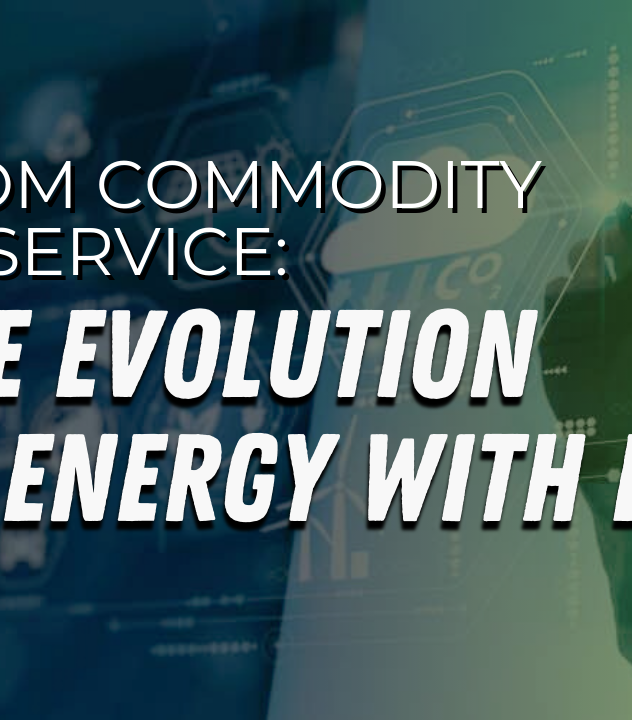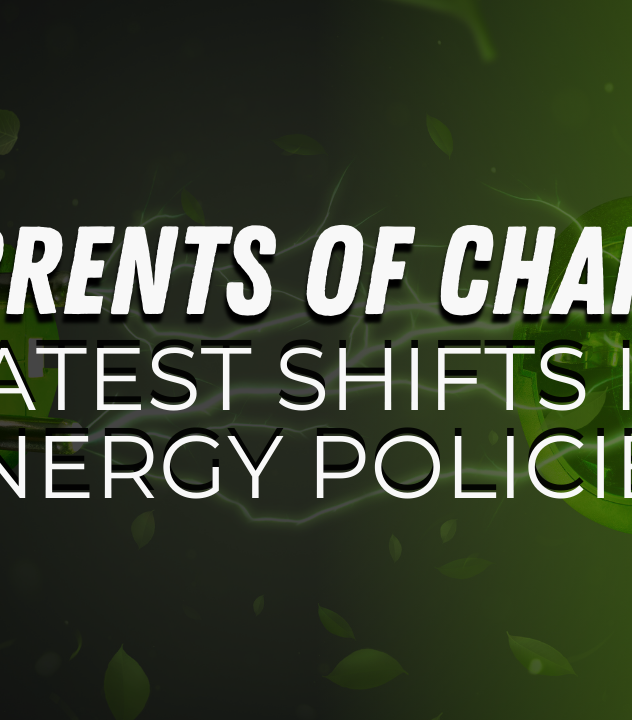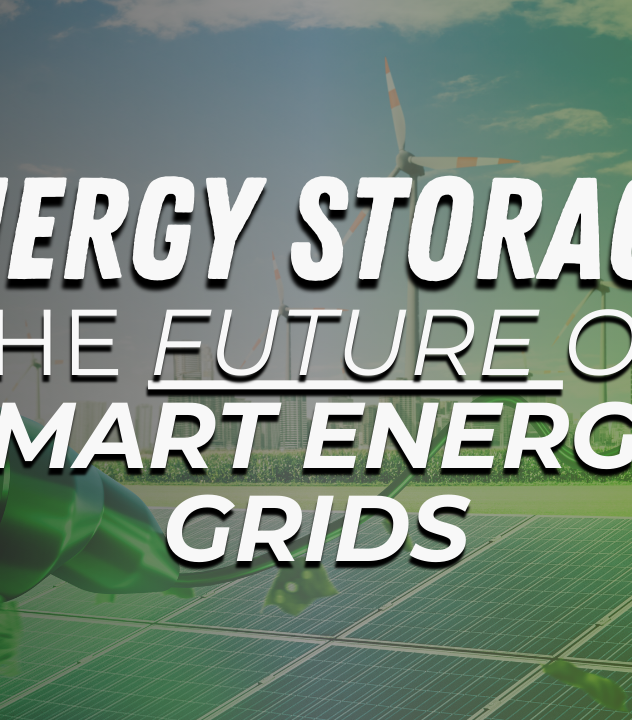
Closing the loop: Bioenergy in the Circular Economy
Bioenergy holds great potential in the circular economy by providing a sustainable alternative to traditional energy sources while simultaneously contributing to the efficient use of resources and waste reduction. As the global demand for energy continues to rise, the need for environmentally friendly and renewable energy sources becomes increasingly pressing, along with innovative energy solutions.
Bioenergy includes energy derived from organic materials such as biomass, biofuels, and biogas, and offers a promising solution to this challenge. By utilizing organic waste streams and agricultural residues to produce energy, bioenergy not only reduces greenhouse gas emissions but also helps to close the loop on resource use through the creation of a circular economy.
Understanding Bioenergy in the Circular Economy
Understanding bioenergy within the context of the circular economy is necessary for achieving sustainability goals, as the transition to a bio-based economy plays a crucial role in this paradigm shift towards circularity.
By applying the Strategic Niche Management approach (Tani et al., 2018), researchers have identified key drivers and hindrances to the emergence of bio-based solutions, shedding light on the systemic changes needed for a sustainable transition.
Benefits of Bioenergy in Promoting Circular Economy
The transition towards a bio-based economy has emerged as a pivotal component in the broader shift towards sustainability. By utilizing bioenergy derived from organic materials, such as agricultural residues and forestry biomass, we can foster a closed-loop system where resources are continually reused and recycled, minimizing waste and environmental impact.
Moreover, the integration of bioenergy solutions can lead to systemic changes (Balducci et al., 2020), emphasizing the interconnected nature of sustainability transitions and the role bioenergy plays in advancing towards a more circular and sustainable future.
Challenges and Limitations
The implementation of bioenergy in the circular economy presents challenges and limitations that require thorough consideration. Decision makers in policy and industry sectors often focus on the contribution of biomass to sustainable development, yet the complexity of biomass value chains poses significant hurdles.
While current approaches prioritize market shares and carbon emissions reduction, a holistic understanding of the entire value chain’s competitive priorities is necessary for optimal performance. Integrating value chain analysis and competitive priority theory, alongside indicators for sustainability and resource efficiency, can enhance the strategic optimization of biomass value chains.
Additionally, the evolving bioeconomy presents competing visions—including resource, biotechnology, and agroecology—that impact land use and ecosystem service delivery, indicating the need for interdisciplinary collaboration.
Addressing the challenges and limitations of bioenergy in circular economy implementation requires a comprehensive approach that considers sustainability, resource efficiency, and the diverse bioeconomy visions to achieve environmentally and economically viable solutions.
In summary, collaboration and innovative solutions are key to closing the loop in the circular economy!
At SCIVEN, we are taking an active part in that change. Join us in the upcoming webinar by BioRural and discover SCIVEN’s insights on direct combustion heat-producing boilers and bioenergy on April 16th.
For registration and further resources, visit:
https://bf-uni-lj-si.webex.com/webappng/sites/bf-uni-lj-si/webinar/webinarSeries/register/45e2495adcf54221af844b380b782d88
References:
Egenhofer, Christian., Elkerbout, Milan, Rizos, Vasileios. (2019). Circular economy for climate neutrality: Setting the priorities for the EU. CEPS Policy Brief No 2019/04, 22 November 2019.
CGIAR Research Program on Forests, Trees and Agroforestry. (2020). CGIAR Research Program on Forests, Trees and Agroforestry – Plan of Work and Budget 2020.
Tani, Almona. (2018). A strategic niche management approach for shaping bio-based economy in Europe.
Balducci, Francesco, Bravi, Laura, D’Anghela, Mariapia, Kumar, Anuj, Möttönen, Veikko, Räty, Tarmo, Tosi, Giovanni, Verkasalo, Erkki.
(2020). WoodCircus, Underpinning the vital role of the forest-based sector in the Circular Bioeconomy. D2.2 Resource Efficiency, Side Streams and Value Chain Analysis – WP2 Final Report.
Christensen, T, Panoutsou, C, Singh, A. (2020). Competitive priorities to address optimisation in biomass value chains: the case of biomass CHP.
Bartkowski, Bartosz, D’amato, Dalia, Droste, Nils. (2020). Reviewing the interface of bioeconomy and ecosystem service research.






Leave a Reply